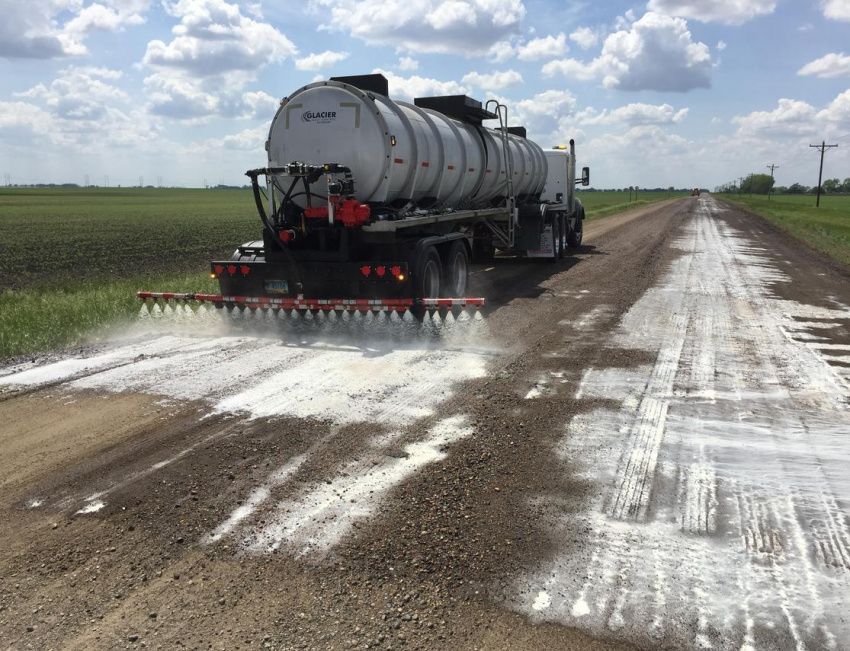Think You Know ESGs? Find Out With This Expert Webinar!
Consumers want to support companies that see sustainability and climate-friendly practices as an important aspect in their business (source). Because of this, environmental, social and corporate governance, or ESGs, are becoming more relevant in today’s society. The United Soybean Board sponsored a webinar discussing ESGs and how soy can be included in this conversation. In the webinar, Susan Mair, ESG research senior analyst with consulting firm Sustainalytics, breaks down the ESG scoring system and Steve Block, biobased commercialization expert, discusses how soybean oil can be one way to reduce carbon footprints within companies and include the use of biobased products.
We know ESGs are complicated, so here are a few FAQs about them:
What are ESGs?
ESGs can be defined as a set of standards that represent a company or organization’s behavior regarding environmental aspects, including sustainability or climate change.
What is an ESG risk rating?
ESG risk ratings can be defined as a company’s exposure to long-term environmental, social and governance issues (source).
They can be determined through measuring the amount of unmanaged risk a company has while looking at a company’s exposure and management of material ESG issues through policies and programs.
Risk ratings are calculated after evaluating the amount of unmanaged risk for each material ESG issue (source).
How is an ESG risk rating determined?
The three building blocks of ESG risk ratings include corporate governance, material ESG issues and idiosyncratic ESG issues. Each of these plays a role in determining an ESG risk rating.
Corporate governance is the foundation of an ESG risk rating, which illustrates how the effectiveness of corporate governance correlates with their business strategies.
Material ESG issues are issues that are deemed likely to have a significant effect on the enterprise value of the company.
Idiosyncratic ESG issues are unpredictable events that are not specific to a subindustry.
Some companies have acknowledged the consumer demand for sustainable and environmentally friendly products and have replaced petroleum with soybean oil. Examples include Goodyear® tires, Skechers® shoes, Rust-Oleum wood stains, DEWALT degreasers and many other products. Each of these products has switched to sustainable solutions with soybean oil to meet consumer demand.
Discover more about ESGs and their risk ratings on the USB webinar.



